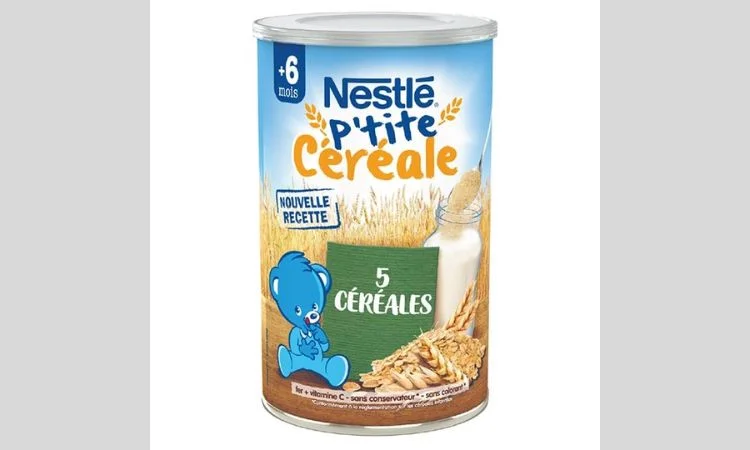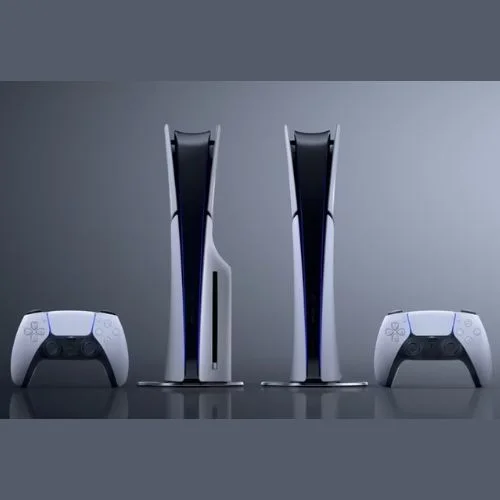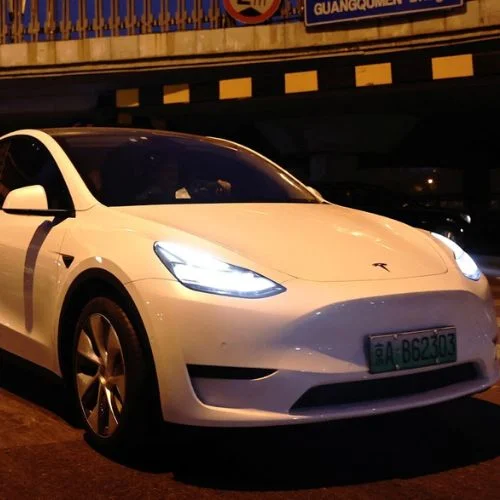The researches have discovered startling facts that no longer back the baby cereal Cerelac by Nestle in India which happens to be the product of Nestle. An investigation conducted by a Swiss non-governmental organization “Public Eye” revealed the distressing fact that every one of the 15 Cerelac types available for purchase in India contains about 2.71 grams of added sugars per serving.
Doing so, ironically, is in contrast to WHO recommendations that there be no added sugars for any babies under the age of two. Strikingly, though, products in those nations contain no extra sugar and this makes even more significant the pledges that were made in the UK’s and Germany’s manifestos. After being intimate with the situation, we found out that what was the matter with Nestle, why they are adding sugar to Indian versions of Cerelac only? This challenges health and nutrition which can be solved through either policy change or curriculum review.

Cerelac has been elected as a parental instant choice across the nation as being one of India’s most favorite baby cereals.Nestle sells over Rs. About 20,000 crores of Cerelac while India it is capturing the nation. With its large market, a global known brand then it is as if parents who consume Cerelac are completely and fully catered for. Though the sugar content found in Indian Cerelac, which is the reason for it being caloric, makes that product fail to achieve its purpose. Sugars from added sugar provide devoid a baby of value from a nutritional standpoint. On the other hand, sugar is addictive and has the influential power to alter taste preference and appetite over time. Hence, consumers are likely to encounter a range of negative health effects as they grow up. Overconsumption of sugar in their meat-fats-and-salt diats in the early years increases chances of obesity, diabetis and heart diseases later in life.
Nestle claims they are “reviewing” Cerelac formulations to reduce sugars. However, the fact remains that for years they deliberately added 3 grams of sugar per serving, violating global health norms. If sugar-free Cerelac is good enough for developed nations, why not for Indian babies? There seems to be an unfair practice of formulating products differently based on location. Nestle also fails to properly disclose sugar quantities on packs, misleading parents about nutritional value. As the world’s largest food company, Nestle has a responsibility to prioritise children’s health over profits. Indian law too should mandate stringent norms to protect vulnerable consumers.
Some experts allege that adding sugar helps mask the bland taste of cereal made from refined grains and powders. This allows companies to use lower quality ingredients. However, babies do not need sweetened foods and their palates are very sensitive. Nestle has the resources and expertise to develop tastier cereal using whole foods, without compromising on nutrition or adding sugars. There are also concerns about “nutritional imperialism” where foreign companies undermine local diets and palates.
In light of these findings, parents must be extremely cautious about packaged baby foods and cereals in India. They must check ingredient lists carefully for any added sugars, syrups or honey. Homemade fresh foods using locally available grains like millets, are a safer and healthier option for baby’s first meals. Stricter regulation of the baby food industry is also needed to protect consumers. Nestle must remove added sugars from all Cerelac products worldwide with immediate effect. Our children’s health should never be put at risk for corporate profits. More transparency, responsibility and accountability is expected from leading brands.















